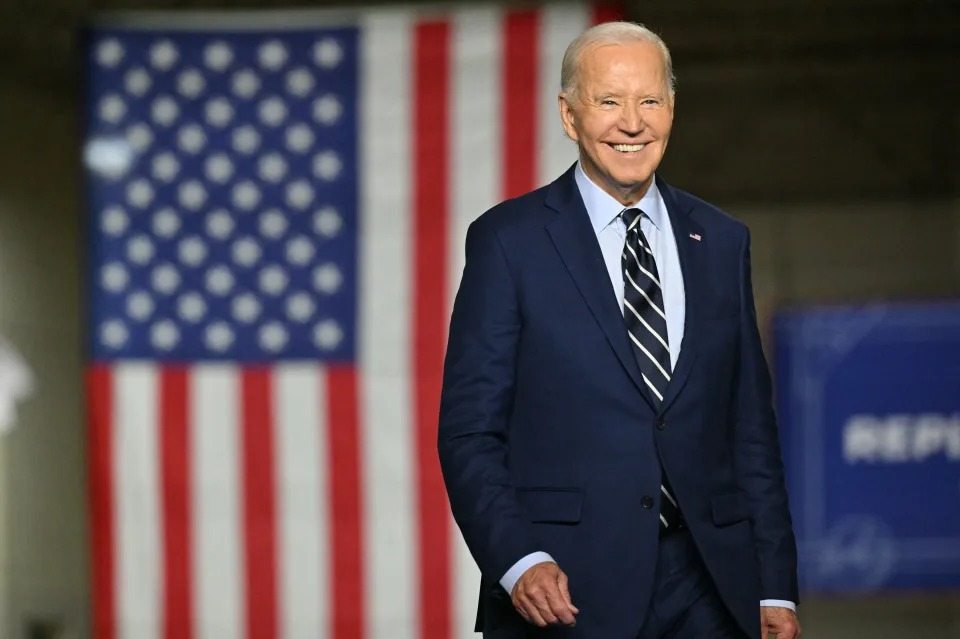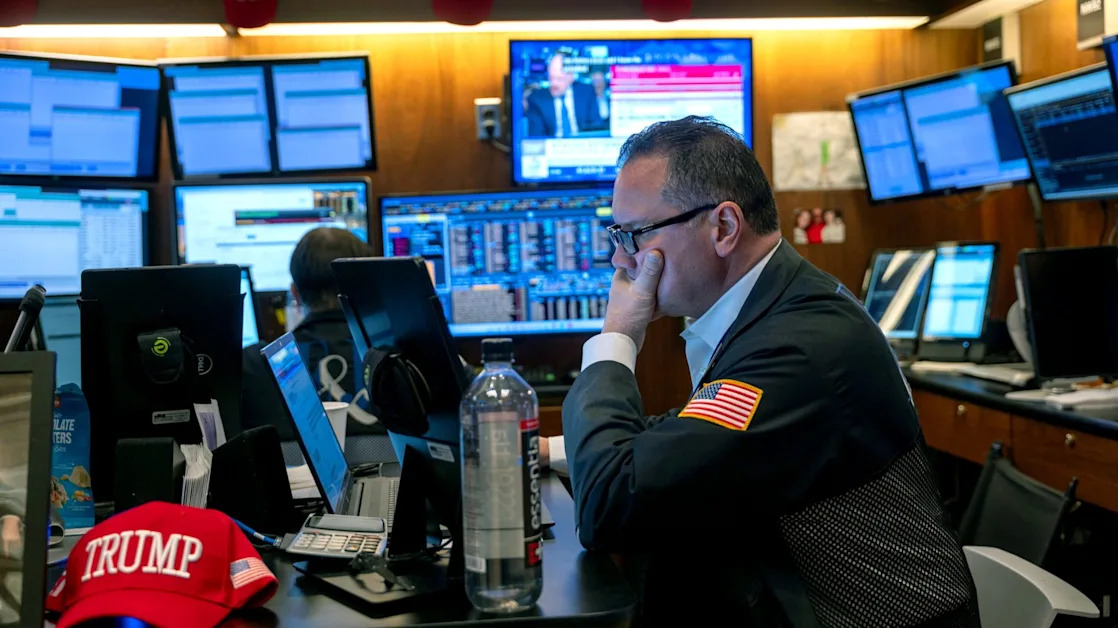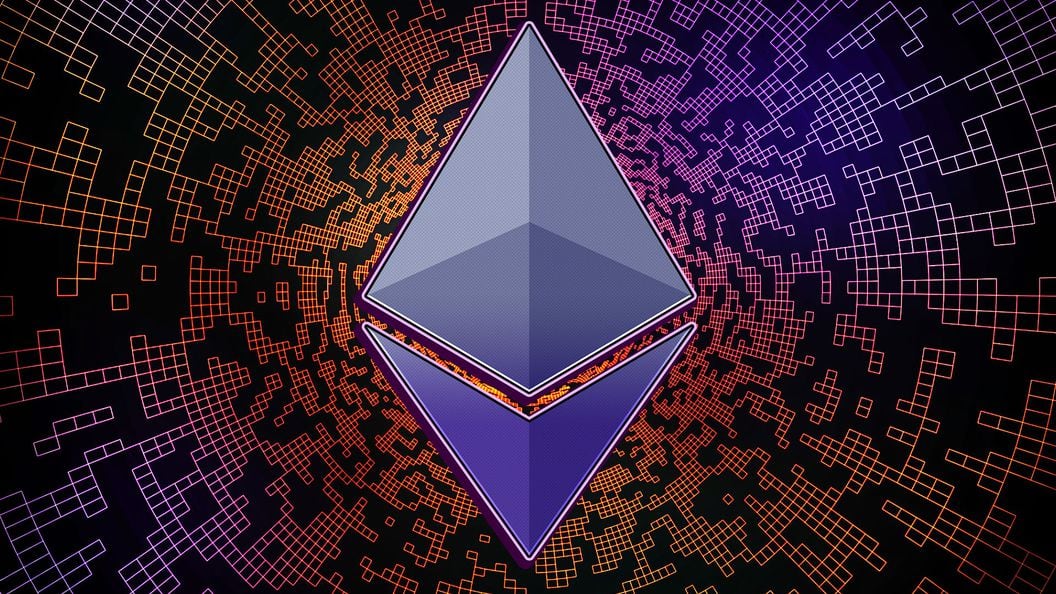President Joe Biden came into office in 2021 with a strong economy that gradually weakened as inflation hammered Americans’ purchasing power. With inflation now fading, the Biden economy is once again looking as solid as it did when Biden’s term first began.
Since July, the Biden economy has improved two notches on the Yahoo Finance Bidenomics Report Card , from a B+ to a solid A. That’s the same mark our report card gave the economy during Biden’s first month in office, in January 2021.
Our Bidenomics Report Card tracks six metrics using data provided by Moody’s Analytics: total employment, manufacturing employment, real earnings adjusted for inflation, exports, the stock market’s performance, and GDP growth per capita. In each of those categories, we compare performance under the current president with seven prior presidents going back to Jimmy Carter in the 1970s at the same point in their first term. (Here’s our full methodology .)
Compared with those prior presidents, the Biden economy is strongest in three out of six categories: employment, manufacturing employment, and GDP growth. The Biden economy is third out of eight in stock performance and second out of five in exports (that data only goes back to 1993).
The weakest mark for Biden has come in average hourly earnings, because high inflation in 2022 and 2023 eroded the value of a typical paycheck. For seven months in 2022, Biden’s score on earnings was the lowest of the eight presidents.
But inflation has dropped from a peak of 10% in 2022 to just 2.5% now, which is close to normal. Real earnings growth under Biden flipped from negative to positive earlier this year, meaning that wages are once again growing by more than inflation. Biden now ranks third out of eight on real earnings growth, which is the main thing pushing his grade up.
An A grade on our report card isn’t exactly the same as a great economy. Since we’re comparing the current president to recent predecessors, our grade only reflects how he’s doing relative to them. There can still be notable weaknesses, such as housing and food costs that remain too high for many families on a budget.
Still, our A grade is consistent with many other analyses of the current economy. Employers have created more than 16 million jobs under Biden, the most during any presidential term. Earlier this year, manufacturing employment hit a 16-year high. There hasn’t been a recession in more than four years, and Goldman Sachs recently lowered its 12-month recession odds from 20% to 15%, in line with the historical average.
There's also been a notable improvement in voter trust for Democrats on the economy since Vice President Kamala Harris replaced Joe Biden as the party's presidential candidate over the summer. In several polls, Harris's rating on the economy is higher than Biden's was just a few months ago. That could be because voters simply find Harris more engaging or accessible, or it could reflect actual improvements in the economy that ordinary people are starting to notice. Whatever the cause, it obviously comes at the right time for Harris, with Election Day less than a month off.
That makes comparisons between the Joe Biden and Donald Trump economies more important than any other past president. Biden is out, but Harris is still the incumbent responsible for the Democrats' record. Trump has his own record, dating to his own term as president, giving voters a backward-looking guide to whether Harris or Trump will be better for the economy.
The data gives Harris, via Biden, a clear edge in three categories and Trump an edge in two. You can see how the two compare by clicking on each tab in the charts above. The Biden-Harris economy is the blue line in each of the charts.
Biden outdoes Trump in total employment, manufacturing employment, and GDP growth. At this point in Trump’s term, the COVID pandemic had triggered a deep, if brief, recession, which damaged Trump’s economic numbers. But Biden did better in all three categories even if you only compare the first three years of each term, excluding COVID from Trump’s record.
Trump has done better on inflation and on real income growth, which is related to inflation. For voters who feel like the economy was better under Trump, that’s probably related to incomes that consistently rose by more than inflation, both before and after COVID.

Drop Rick Newman a note , follow him on X , or sign up for his newsletter .
On stock performance, Biden leads Trump by a bit at the moment, but they’ve gone back and forth on that. We don’t include exports among the charts above because it’s not intuitive to consumers, but Biden has a strong edge there too.
Overall, the highest grade Trump earned when we ran the Trumponomics Report Card — with the same methodology as the Biden project — was an A-. Trump ended his term with a C because of the COVID disruptions. Barring anything disastrous, Biden seems likely to end his term next January with a B+ or better, and he could sustain the A grade he enjoys now.
Partisans can come up with plenty of pet reasons why Biden or Trump is better for the economy. In reality, the US president has less control over the economy than many people think. The US economy is a gargantuan organism affected by thousands of inputs from all over the world, and presidential policies are a tiny fraction of those.
There’s an important caveat, however: the vast amount of fiscal and monetary stimulus Congress and the Federal Reserve enacted in 2020 and 2021 to jolt the economy out of a COVID depression. Most of that happened during Trump’s final year in office, which prevented the immediate downturn from being a lot worse. Much of that also carried into Biden’s term, powering spending, hiring, and growth beyond what it probably would have been otherwise.
Biden signed yet another stimulus bill into law after taking office in 2021, which juiced the economy even more. That also contributed to the inflation that became Biden’s biggest economic vulnerability. And voters seem to have punished Biden more for high inflation than they rewarded him for a booming job market. Biden’s approval rating sank as inflation went up, but it never recovered as inflation came down. That leaves Biden with a huge asterisk next to his accurate claim of the most jobs created under any presidential term.
Whatever voters remember about the Biden or Trump economies, the old investing maxim probably applies: Past results don’t guarantee future performance. The next president almost certainly won’t ride an economy gassed up by unprecedented stimulus measures the way Trump and Biden both did. During the next few years, the economy could be driven more by things Americans don't get to vote on than by the one they do.
Rick Newman is a senior columnist for Yahoo Finance . Follow him on X at @rickjnewman .
.





